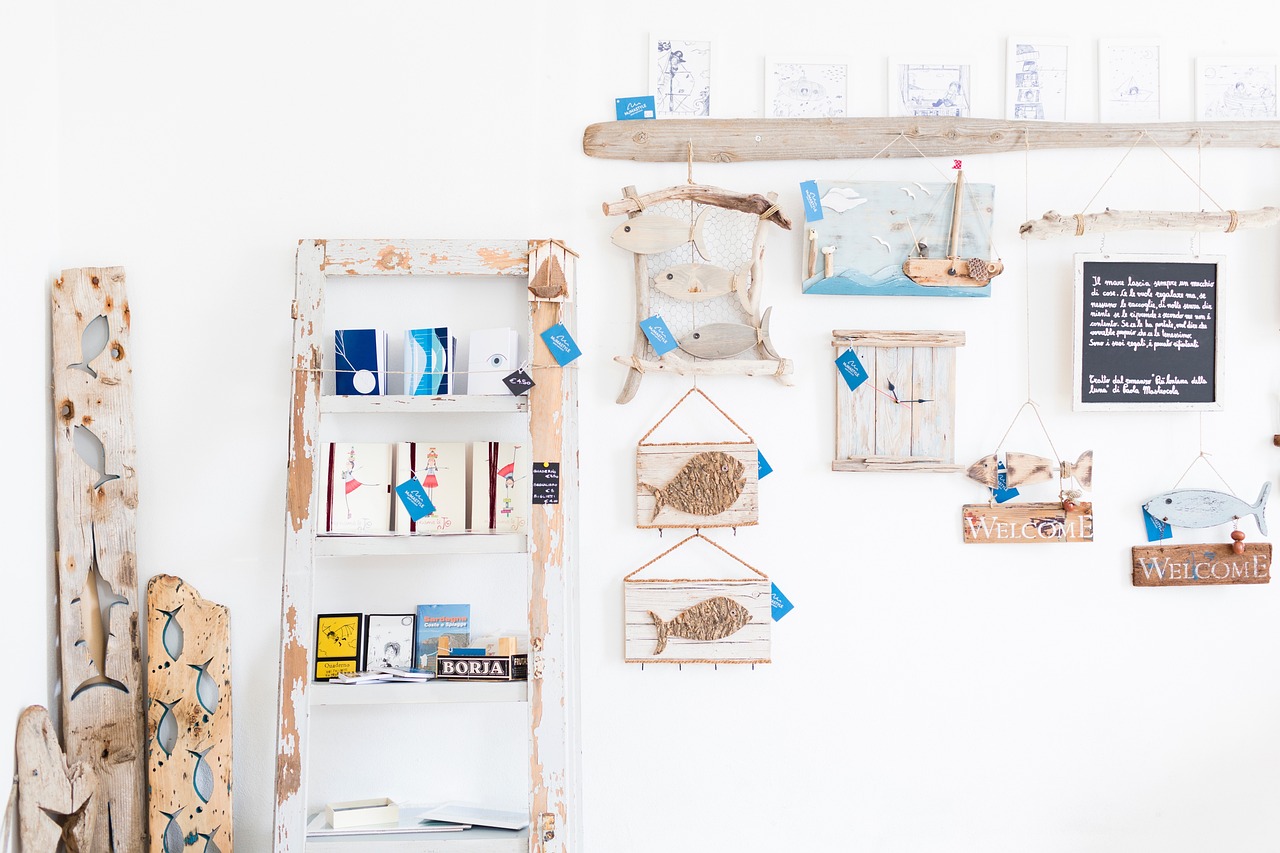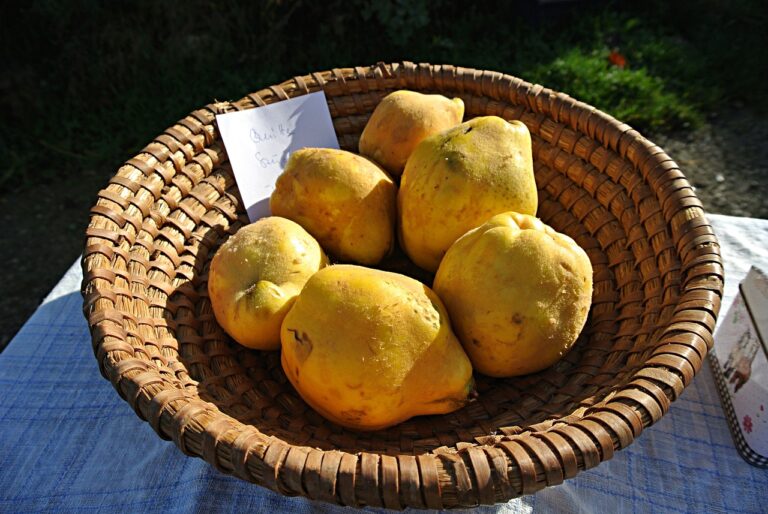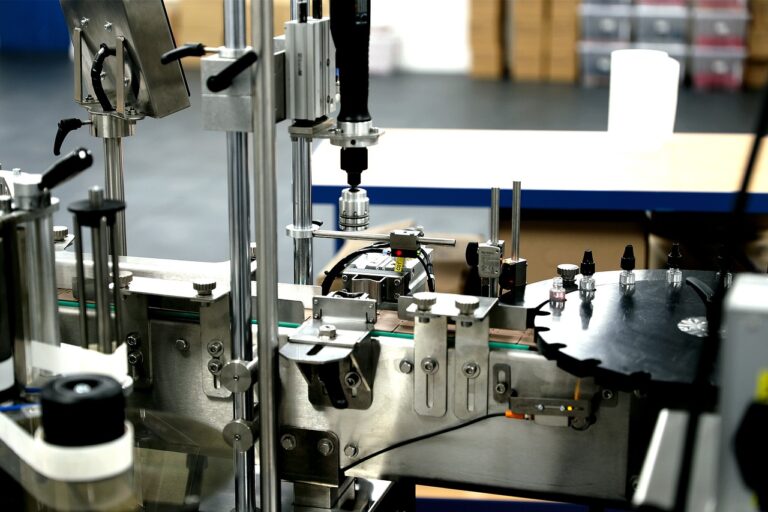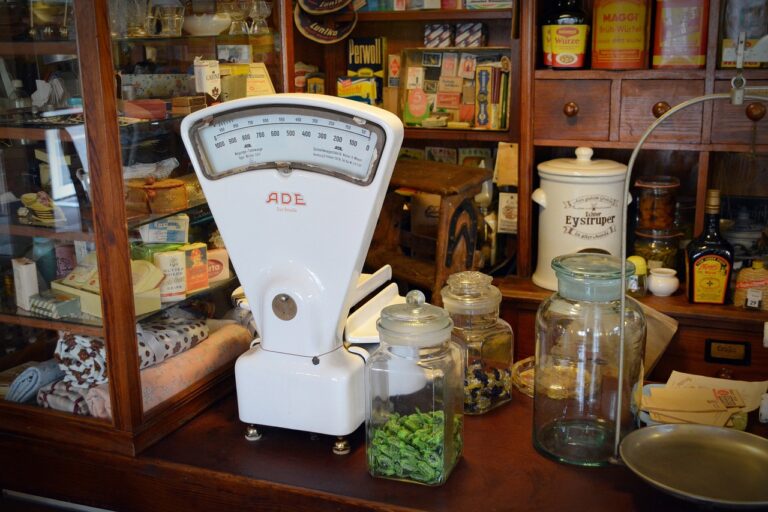Tips for Successful Organic Container Herb Gardening: Choosing the Right Herbs and Containers: Betbook250 com, Reddy anna book online, Playlotus365 com
betbook250 com, reddy anna book online, playlotus365 com: Organic container herb gardening is a great way to grow your own fresh herbs at home, regardless of how much space you have available. By choosing the right herbs and containers, you can create a successful herb garden that not only adds flavor to your meals but also enhances the aesthetics of your living space.
Here are some tips to help you get started with organic container herb gardening:
1. Choose the right herbs: When selecting herbs for your container garden, consider which ones you use most frequently in your cooking. Popular choices for container herb gardens include basil, parsley, mint, rosemary, and thyme.
2. Consider your space: Different herbs have different space requirements, so make sure to choose herbs that will grow well in the size of container you have available. For example, mint and chives can be grown in smaller containers, while herbs like rosemary and sage need more space to spread out.
3. Select the right containers: When choosing containers for your herb garden, opt for ones that have good drainage to prevent waterlogging. Terra cotta pots, wooden boxes, and metal containers are all good choices for growing herbs.
4. Use organic soil: To ensure your herbs grow healthily and produce flavorful leaves, use organic potting soil in your containers. This will provide the essential nutrients that your herbs need to thrive.
5. Provide ample sunlight: Herbs thrive in sunlight, so place your containers in a sunny spot where they will receive at least 6-8 hours of sunlight each day. If you don’t have access to natural sunlight, consider using grow lights to provide your herbs with the light they need.
6. Water regularly: Herbs in containers tend to dry out more quickly than those planted in the ground, so make sure to water them regularly. Check the moisture level of the soil by sticking your finger into the soil – if it feels dry, it’s time to water your herbs.
7. Fertilize organically: To provide your herbs with the nutrients they need to grow, consider using organic fertilizers. You can use compost, fish emulsion, or other organic fertilizers to feed your herbs throughout the growing season.
8. Prune regularly: To encourage bushy growth and prevent your herbs from becoming leggy, make sure to prune them regularly. This will also help to promote the production of flavorful leaves.
9. Harvest your herbs: One of the joys of container herb gardening is being able to harvest fresh herbs whenever you need them. To encourage continuous growth, make sure to harvest your herbs regularly by snipping off the top leaves.
10. Enjoy your herbs: Finally, don’t forget to enjoy the fruits of your labor! Use your freshly harvested herbs to add flavor to your meals, make herbal teas, or create homemade skincare products.
By following these tips and choosing the right herbs and containers for your organic container herb garden, you will be well on your way to a successful and bountiful harvest of fresh herbs right at your fingertips.
FAQs:
Q: Can I grow multiple herbs in the same container?
A: Yes, you can plant multiple herbs in the same container as long as they have similar sunlight and water requirements.
Q: Do I need to use pesticides in my organic container herb garden?
A: No, organic gardening means avoiding the use of synthetic pesticides. Instead, focus on creating a healthy growing environment for your herbs through proper care and maintenance.
Q: How can I prevent pests from damaging my herbs?
A: To prevent pests from damaging your herbs, consider using natural pest control methods such as companion planting, neem oil, or insecticidal soap. Regularly inspect your plants for signs of pest infestation and take action promptly.







